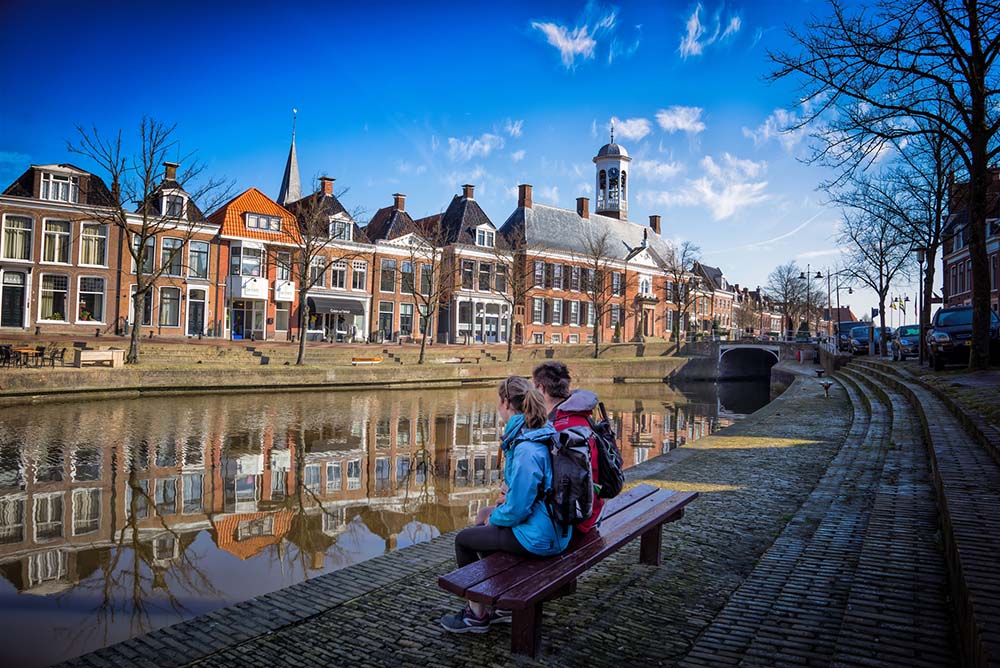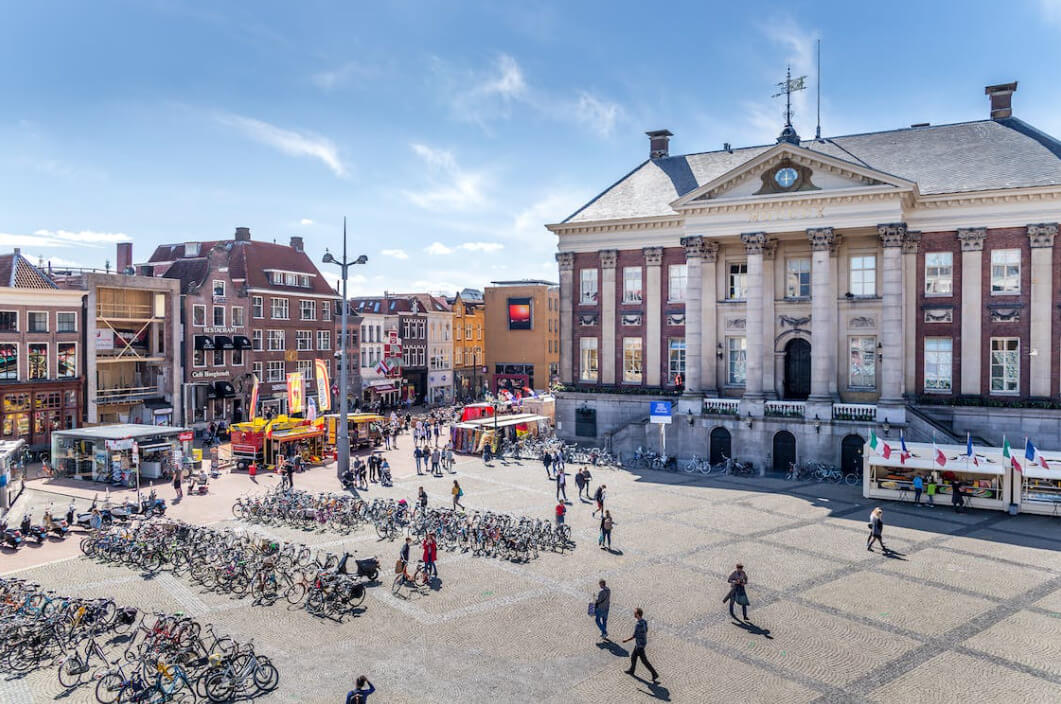Assistant Professor Mobility and Transport in Rural and Urban context

The Faculty of Spatial Sciences is looking to hire an assistant professor in its department of Economic Geography to strengthen its educational and research team. In this position, you will contribute to teaching, research and coordination tasks in the faculty.
We are looking for an assistant professor who can contribute to various courses across the different programmes we run. Specifically, we envision you to contribute across our bachelor and master programmes in geography and planning with a focus on (economic) geography and regional policies, issues of mobility and accessibility and rural-urban relations. In addition, you may contribute to scientific methods courses at the bachelor and master's level. Finally, if fitting, you may contribute to Research Master programme in Spatial Sciences and the recently established international Erasmus Mundus Research Master programme on Islands and Sustainability. As a rule, assistant professors spend 60% of their time on educational and organizational tasks.
With regard to research (40% of your time), we strive to strengthen our research profile which revolves around issues of (perceptions of) transport accessibility in rural areas in relation to other spatial contexts. Although spatial differences in transport systems, land use and travel behaviour between rural and urban areas are visible, the impact such differences have on people's lives and how we should deal with them are less well known. We are interested to hire a candidate that can extend the research into directions such as: (1) understanding how people experience their living environment in terms of accessibility; (2) the influence of the experience of accessibility on behaviour and well-being; (3) the role of experience in formulating and evaluating accessibility policies that balance economic efficiency, sustainability and social inclusion in a context of socio-spatial transitions; and (4) comparative research between rural and (peri)urban areas. Ideally our preferred candidate has experience with mixed methods (qualitative and quantitative methods). Your research profile should fit within the Faculty’s new research agenda “TRACE (TRAnsformations, Communities and Environments)”.
As part of the job, we offer ample opportunities for personal development. This includes the possibility to obtain a university teaching qualification.
Organisation
The Faculty of Spatial Sciences is a mid-sized faculty with approximately 100 members of staff, 100 PhD researchers and around 1000 undergraduate students. We focus on high quality teaching and research in the fields of human and economic geography, demography, and spatial planning. Our research programme is titled TRACE (TRAnsformations, Communities and Environments). Our ambition is to create scientific and societal impact by undertaking cutting-edge research at the interface of people, places, and planning in rural and urban settings, especially at local and regional scales, in the Netherlands, Europe and globally. With two bachelor and six master programmes, we provide a wide range of courses in the fields of geography and spatial sciences.
The Department of Economic Geography, in which the position will be based, is one of the four departments in the faculty and it offers an open and friendly academic environment with an international staff. The department has about 20 members of staff and 25 PhD researchers. The University of Groningen has a very strong reputation as one of the main centers in regional science globally. In terms of teaching, the department of Economic Geography contributes to the bachelor Human Geography and Planning and it is responsible for the master’s programme in Economic Geography, which includes the tracks 'Regional Competitiveness and Trade' and ‘Sustainable Rural Futures’, and the master of Real Estate Studies. Our research is directed towards issues related to regional labour markets, migration, entrepreneurship, happiness, socio-spatial inequalities and real estate applying quantitative, qualitative and mixed research methods.






